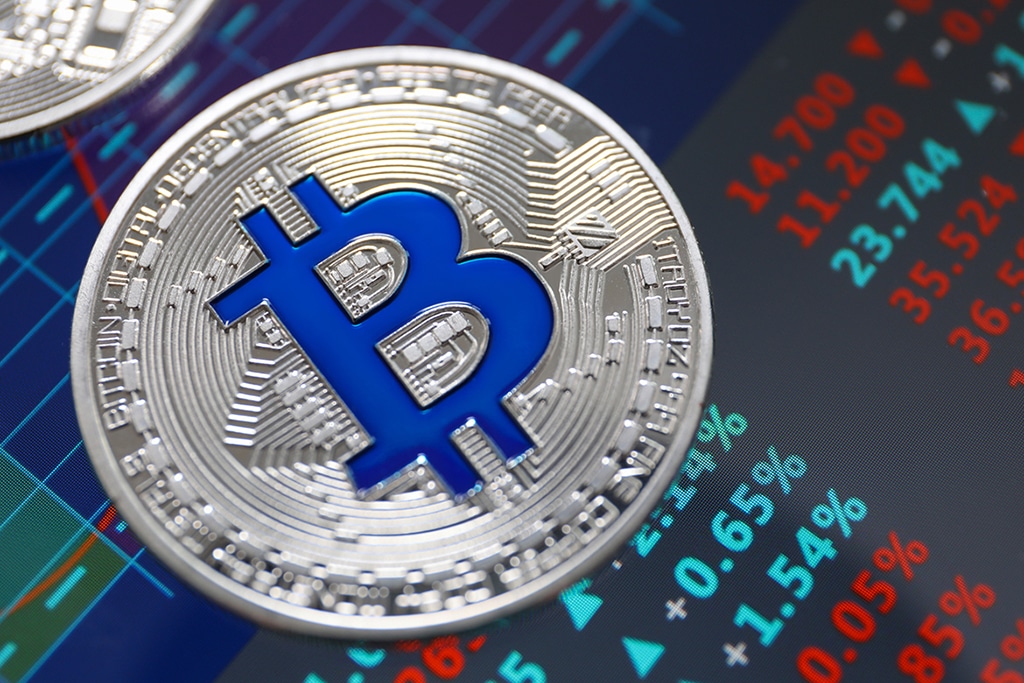Thirteen Japanese bitcoin exchanges together with over 5,000 retail stores and restaurants are likely to halt bitcoin transactions on August 1.
Over 5,000 retail stores and restaurants across Japan together with thirteen bitcoin exchanges may suspend bitcoin use on August 1, 2017.
A growing number of retail stores and restaurants have started accepting the cryptocurrency as the result of Japanese government’s official recognition of bitcoin as a legal method of payment. Now, some of them are considering halting bitcoin transactions, as bitcoin faces a potential split.
The same situation can be observed in the exchanges sector: currently, 13 bitcoin exchanges, that are members of the Japan Cryptocurrency Business Association (JCBA), have agreed to the same plan. These include Coincheck, Gmo-Z, Bitbank, and Bitpoint among others. Meanwhile, Bitflyer, Japan’s largest bitcoin exchange by volume, has not decided on a plan for the possible disruption, but is expected to come out with one soon.
Coinbase, one of the largest exchanges and wallets, also plans to halt bitcoin transactions starting from August, 1.
This, together with the Bitcoin price’s fall, makes investors and token owners pretty much concerned.
Possible Trouble Spots
The main source of the problem is bitcoin’s scalability – its ability to handle a growing number of transactions. Now the size of each block is limited by the current protocol to 1MB (once every 10 minutes on average). This, as the result, limits the growth potential for bitcoin’s usage.
This, in its turn, brings about inability to fit all of the transactions in the upcoming block resulting in transaction fees dramatic rise. As the result, people have to pay more in transaction fees in order to avoid waiting in the “line” and get the transaction confirmed quicker.
In the simplest terms, bitcoin may have become too large to be regulated, to guarantee its advantages to all the users and to cope with the rising amount of transactions, which makes the need for new technical solutions more acute.
What’s Next?
Bitcoin Improvement Proposal 91 (BIP 91) officially locked in after 90 percent of all hash power supported the soft fork. Activation of Segregated Witness (SegWit) may become the next step, which makes BIP 148 unnecessary and August 1 a non-event.
BIP 91, which is compatible with the New York Agreement as well as with BIP 148, found support of multiple Bitcoin companies and mining pools. Still, technically SegWit activation is up in the air, as there is a compulsory condition for SegWit activation – at least 95 percent of miners must signal their support for BIP 141 within next two weeks.
In case, the majority of miners support BIP 91, they will gain control over the longest valid chain consisting of bit 1 SegWit-signaling blocks only. In its turn, this will result in BIP 141 lock in approximately in the middle of August followed by SegWit activation (which is likely to tale place next week if miners stick to their stated choice.)
Contrary to all said, there is actually no reason for panic: suspense of bitcoin transactions is a temporary measure, which will have little impact on retailers. Exchanges, in their turn, plan to resume the acceptance of bitcoins by August 4, 2017.
